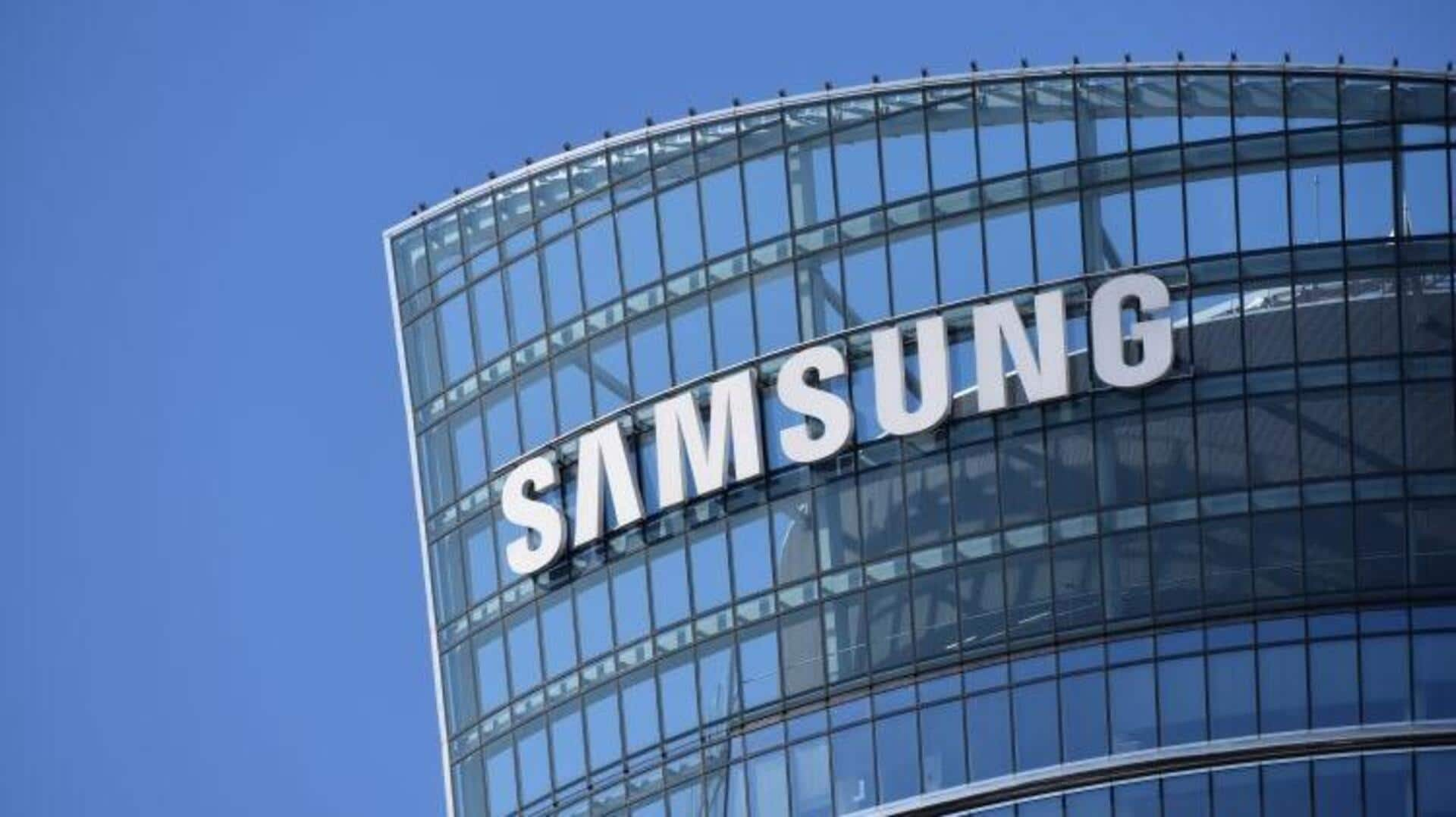
Samsung India challenges $520M tax demand, drags Jio into dispute
What's the story
Samsung has challenged a $520 million tax demand from the Indian government, claiming it has been wrongly accused of misclassifying imports of networking equipment. The South Korean tech giant claims the authorities knew about this practice, as India's Reliance Jio imported the same component similarly for years. This is the second case of a major foreign company disputing an Indian tax demand recently; Volkswagen is also in the fray.
Tax dispute
Alleged tax evasion linked to mobile tower equipment sales
Back in January, Indian tax authorities accused Samsung of evading tariffs of 10-20% by misclassifying imports of essential mobile tower equipment. These items were sold to Reliance Jio between 2018 and 2021. The Customs Excise and Service Tax Appellate Tribunal in Mumbai has received a detailed 281-page challenge from Samsung, where it criticized the Indian government for being fully aware of its business model.
Tax filing
Samsung argues that authorities were aware of its classification
In its filing, Samsung said, "The classification adopted by the appellant (Samsung) was known to the authorities, however, the same was never questioned ... Department was fully aware." It also alleged Reliance Jio officials did not inform them about a tax warning issued in 2017.
Implications
Tax demand and additional penalties
Along with the $520 million tax demand, India has also slapped an $81 million penalty on seven of Samsung's employees. This takes the total tax demand to $601 million. The details of Reliance's 2017 warning from tax authorities are not public and weren't revealed in the Samsung filing. It is also not clear if Samsung employees are separately contesting these fines.
Legal proceedings
Samsung's defense and the component in question
Samsung argues that the tax authority issued the order in January "in a hurry" and didn't give them "a fair opportunity" to present their case, despite the stakes being so high. The dispute is over imports of a component called "Remote Radio Head," which tax officials describe as one of the most important parts of 4G telecom systems.